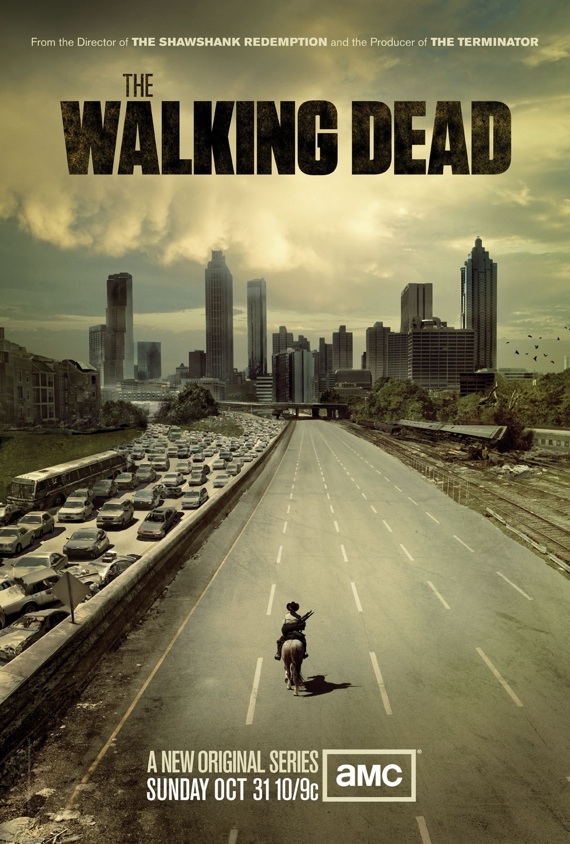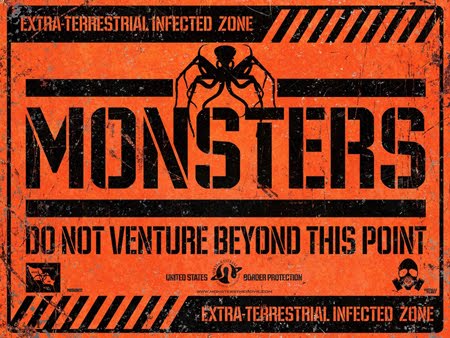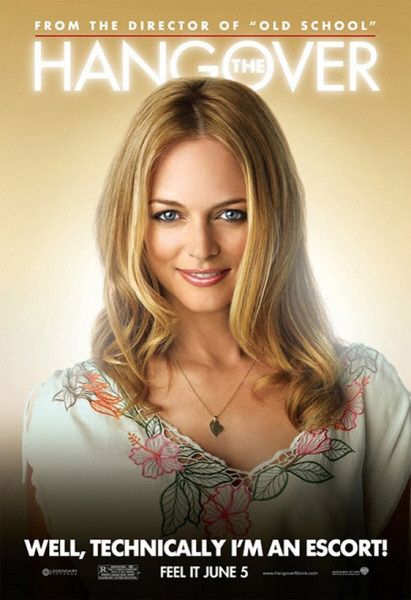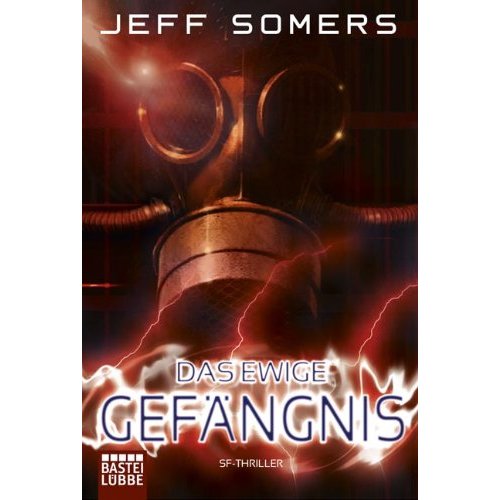The Walking Dead
 Ah, zombies. Once the forbidden fruit of horror films I wasn’t allowed to see — I remember when Dawn of the Dead came out and every kid on my block had snuck in to see it except me; it was a difficult time in my adolescence, let me tell you — now crossed over completely into pop-culture saturation along with vampires. Zombies are now about as scary as Gremlins, and I thought we’d passed the No Return sign back when Shaun of the Dead and Zombieland brought them into comedy. However, there seems to still be some gas in that tank, huh?
Ah, zombies. Once the forbidden fruit of horror films I wasn’t allowed to see — I remember when Dawn of the Dead came out and every kid on my block had snuck in to see it except me; it was a difficult time in my adolescence, let me tell you — now crossed over completely into pop-culture saturation along with vampires. Zombies are now about as scary as Gremlins, and I thought we’d passed the No Return sign back when Shaun of the Dead and Zombieland brought them into comedy. However, there seems to still be some gas in that tank, huh?
Like everyone else, I often daydream about the Zombie Apocalypse. I like to imagine how I’d survive: How I’d secure the house against attack, stock up on supplies, find clever ways to go out and grab supplies without being hunted down. The amazing comforts I’d devise, like solar-heated water tanks on the roof, a garden on the deck, bike-powered batteries for a few hours of electricity at night. The people I’d refuse to admit into my pimped-out survival house. The sheer number of cats I’d have to take in and feed out of my well-known weakness for the kitties.
In short, there is something terribly compelling about the zombie apocalypse story. No matter how many times I see it, I’m still intrigued by the next one.
I’ve never read the graphic novel, but when I saw the ads for The Walking Dead on TV, my first thought was this looked like the least original thing I’d ever seen. Every single aspect of it had been done before: The zombie apocalypse itself. The abandoned and creepy hospital. The empty world littered with the last vestiges of panic. The lone survivors banding together. The inevitable conflicts between Type-A personalities struggling for power over their fellow humans.
I mean, if you haven’t seen each one of these details in previous zombie/apocalypse stories, you simply having been reading/watching any.
So, I felt no need to rush to my TV and watch the show. I dawdled. One night I had a free hour so I popped it up on Hulu out of curiosity, and yep, it’s as well-worn and cliche-filled as I expected. It’s also quite good.
The fact that you can take a story told five thousand times before and hit every single expected beat like clockwork and still create something compelling is a tough one for writers. We like to think in terms of amazement and innovation. We like to think we’re going to redefine this, reinvent that. We like to think we have the imagination to avoid the same ruts left in the road by previous writers, and we abhor ripping off previous efforts. But the fact is, you can have a story built entirely from What has Gone Before and still pull it off – the trick is sensible plotting and good characters. There is a reason, after all, that things get done over and over again: Because, in their basic form, they work.
Thus it is with The Walking Dead. There is absolutely nothing (so far) special about the story. A vague virus hits, tuns most everyone into walking dead that want to eat the living, civilization collapses, and a small number of survivors struggle to live day-to-day. I have really enjoyed the first three episodes, though, because the characters are drawn well, even if they are themselves sometimes cliches or caricatures. And the plot, while not innovative, really, beyond anything in previous zombie movies, makes sense, unfolds sturdily and naturally, and so far has avoided any fake twists or sudden jerks in direction.
It’s early, of course; aside from the main character, Sheriff Rick, the other characters haven’t had a lot of screen time, so it may well be that the satisfactory sketches they are now will become unsatisfactory bullshit later. So far though they’ve sold me. I like how the plot is spinning out organically: Rick makes mistakes and doesn’t know everything, but his quest for his wife and son, which in lesser works would have been an endless one designed to drive the overall arc over years, ends in episode three. I like how the character relationships are being illuminated slowly, with little twists that are completely believable. For example, Rick’s best friend and Rick’s wife have started an affair, because she thinks he’s dead. When Rick returns, she instantly cold towards the best friend, which also makes sense. And then she tells us that the best friend told her Rick was dead — and we’re left to wonder if this was because the best friend believed it himself, or whether he left Rick for dead, possibly for his own reasons.
Small stuff, but combined in a good recipe it works well, and shows how even the most worn premises can still be good storytelling. As a writer you can get a little fixated on the “high concept” or the hook of an idea. Sometimes it’s good to remember that good storytelling wins most battles.




